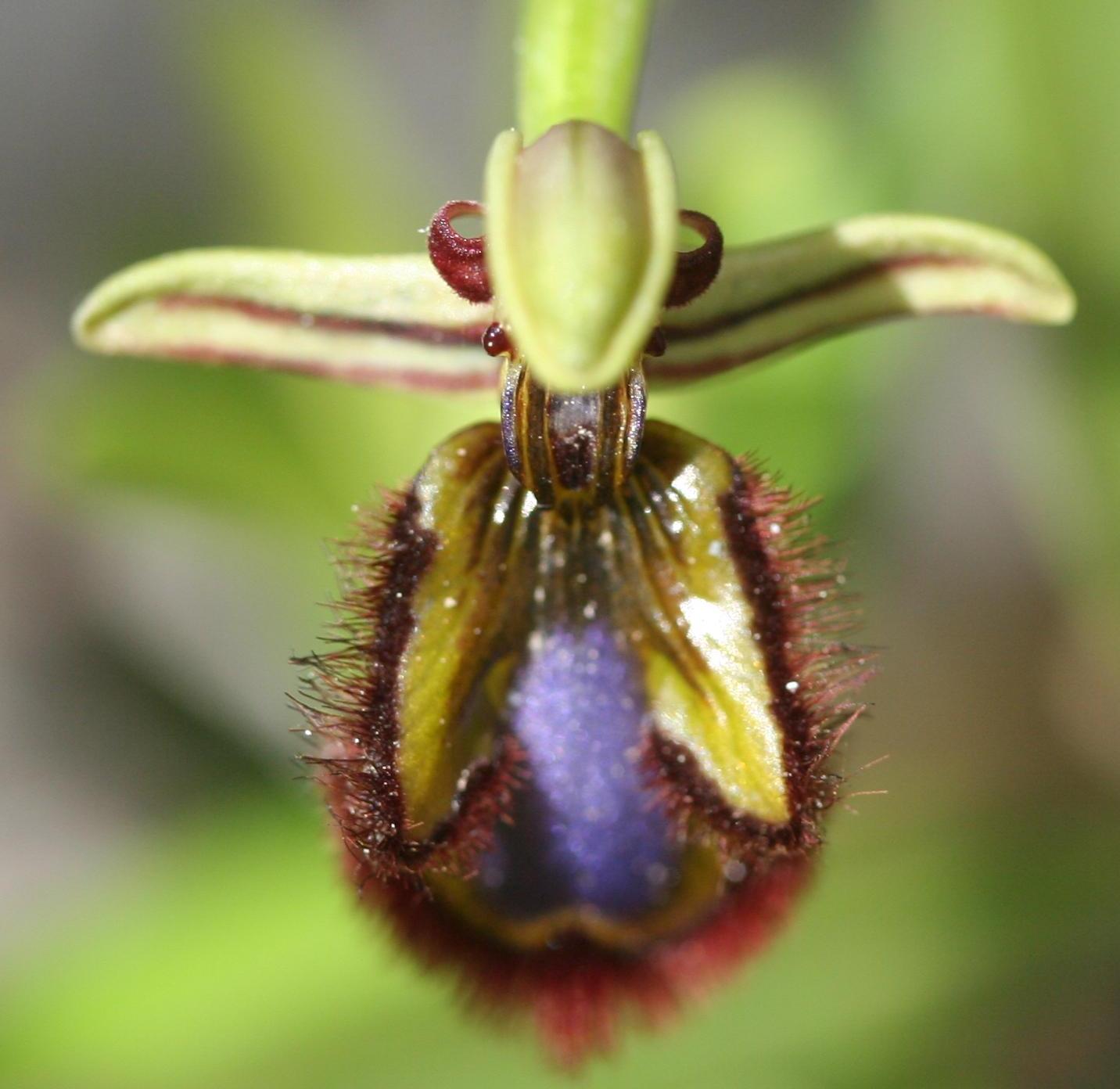
A noticeboard for independent providers of Liberal Education
Website under construction
Enquiries: info@enquiringmind.org

Primula vulgaris Primrose, Pin-eyed Mating Type (PIN)
The Genetics of Garden Plants/R.S. Callow
This course is available to interested societies and groups on request.
Introduction. Do you want to get more fun out of the plants in your garden, rather than the patios and furniture? Gardens are an endless source of fascination and delight but how many people appreciate their role in human understanding or their potential for experimental breeding? The science of Genetics which investigates patterns of heredity and variation began with Mendel’s study of Garden Peas. It now permeates all aspects of human life and all areas of the garden: from the vegetable patch to the lawn and from the orchard to the ornamental beds. This short course will examine how this remarkable situation came about and how it benefits the gardener. It will be supported by illustrated lectures and detailed notes.
● Genes as hereditary factors
● Chromosomes as vehicles of heredity
● Inheritance of colour and pattern
● Control of fertility and breeding behaviour
● Clues to origin
● Guides to innovation
Course Outline. Mendel’s studies of inheritance in the Garden Pea mark a revolution in understanding. They also provided methods whereby heredity and variation could be studied in a wide range of animals as well as plants and thereby gave rise to the new science of genetics. When these studies were extended to the colour of flowers in the Sweet Pea and patterns of variegation in the flowers of Antirrhinums and the grains of Indian Corn, they showed how genes control development in animals as well as plants. Studies of the control of mating showed how plants have sophisticated mechanisms, involving recognition of foreign and self-pollen. These mechanisms govern the production of seed and fruit. Studies of chromosomes have enabled us to trace the origins of garden plants such as roses and tulips and to predict the fertility and stability of new hybrid varieties. Each session will begin with an illustrated lecture addressing a particular topic and will be followed by a discussion, exploring its wider implications. Your participation will be encouraged.
Lecture Topics
1. Mendel’s hereditary factors
2. Chromosomes and systems of reproduction
3. The control of colour and variegation
4. Mating in the flower-bed
5. Mating in the orchard and vegetable patch
6. History of the old and future of the new
As a result of this course, it should be possible for you to:
1. Recognise the roles of genes and chromosomes in heredity;
2. Understand the hereditary basis of colour and pattern in ornamental plants;
3. Appreciate the need for diversity of mating types in all parts of the garden;
4. Evaluate the evidence for the history of old varieties and the prospects for new ones;
5. Get more enjoyment out of your garden.
Learning and Teaching Methods:
Lectures will be supported by supplementary notes and by Power-Point presentations which will include graphical and textual evidence. Discussions will be informed by the lectures, recommended books and supplementary notes issued in advance. Participants will be encouraged to prepare for topics under discussion, to form their own views and to discuss them with others. No specialist knowledge will be assumed.
Recommended reading (relevant but non-essential):
Bateson, W. (1913). "Mendel’s Principles of Heredity" (3rd Impression). Cambridge University Press.
Crane, M.B and Lawrence, W.J.C. (3rd ed.,1947). "The Genetics of Garden Plants". MacMillan, London
Darlington, C.D. (1973). "Chromosome Botany and the Origins of Cultivated Plants" (3rd Ed.).
George Allen and Unwin, London. ISBN 0 04 581011 7
Darlington, C.D. and Mather, K.(1961). "The Elements of Genetics" (Chapter 12). George Allen & Unwin, London.
Darwin, C.R. (1877). "The different forms of flowers on plants of the same species". John Murray, London.
Henig, R.M. (2000). "A Monk and Two Peas - the story of Gregor Mendel and the discovery of Genetics".
Weidenfeld and Nicolson, London. ISBN 0 297 64365 7
Hughes, M.A. (1999). "Plant Molecular Genetics". Longman, London. ISBN 0 582 24730 6
Lewis, D. (1978). "Sexual incompatibility in plants". Studies in Biology No. 110. Edward Arnold, London.
Olby, R.C. (1985). "Origins of Mendelism" (2nd Ed.). University of Chicago Press, Chicago, IL, ISBN 0 2266 2592 3
Peters, J.A. (1959). "Classical papers in genetics". Prentice-Hall, New Jersey.
Richards, A.J. (1986). "Plant Breeding Systems". George Allen and Unwin, London.